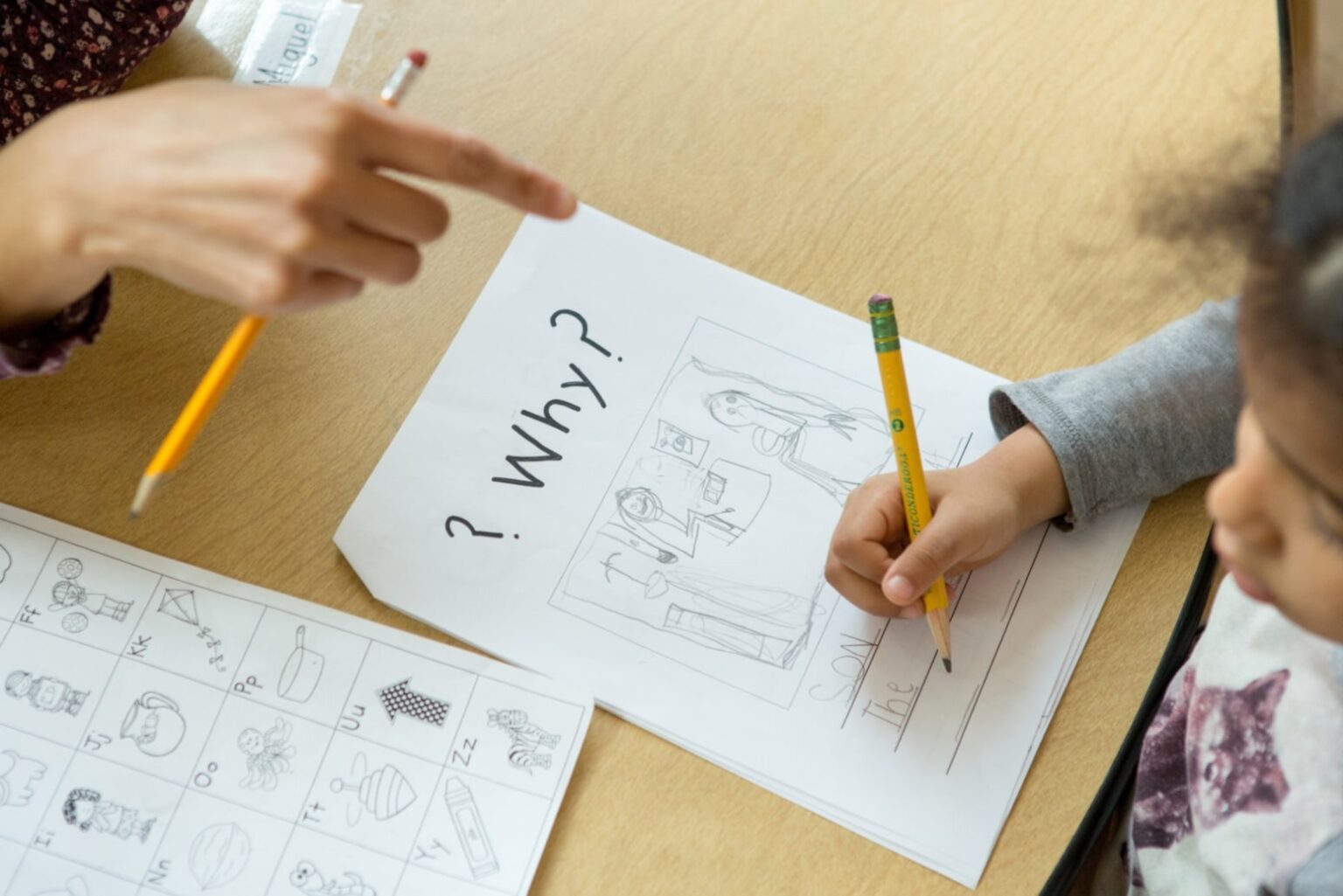Each night I read a few stories to my 4-year old son, Jack. One of our favorites is, “What Do You Do with a Problem,” by Kobi Yamada. In the story, a little boy faces a relentless problem and does his best to avoid it. As he struggles to escape the problem, the bigger and more consuming it becomes. That continues until, at last, the boy faces his problem head-on and, in so doing, the problem turns out to be an opportunity.
When we get to that page in the book, Jack, starts clapping and yelling “OPPORTUNITY!” It makes me smile every time.
I can’t help but think that this is the perspective we need to bring to our discussions about COVID-19’s impact on the future of education. And as we do so, we must do it with equal parts truth and hope.
Truth because we must be honest about the severity of the problems being faced with sincere empathy for the people most impacted by them. Hope to remind us what’s possible and to inspire us to look for the opportunity.
Let’s start with truth. Over the past two months schools have faced incredible challenges. They have been asked to provide distance learning on a moments-notice and work to meet the basic needs of students and families for food, shelter, and mental and physical safety.
While these issues impact all schools, they have a disproportionate impact on those serving the most vulnerable kids. This crisis is not only revealing historical opportunity gaps in our communities and schools, it is accelerating them, and do so at an alarming rate.
And even more troubling, the economic realities of future state budgets are bleak and the challenges schools face will become more pronounced as resources are increasingly strained.
I have deep admiration for all the educators, learners, and families who are facing this problem head-on. Through their work, they remind us that schools are much more than just places of teaching and learning. They are beacons of hope in the community and central to success of families’ lives.
Now, let’s examine hope. It’s with great humility and respect that I suggest the problems created by COVID-19, as awful as they are, present the perfect opportunity to reinvent education as we know it. What the world needs most are agile learners, educators, and systems and now we can re-design the structures and experiences that will get us there.
Transcend Education recently published a report highlighting the three jobs that schools must do to navigate a COVID world: responding, recovering and reinventing. They conclude, even during the time we are all urgently responding to the crisis, there is also the need to move toward reinvention.
And though the reinvention conversation starts small, it builds gradually, ramping up as more attention shifts away from responding and recovering.
The report also suggests that if we do nothing but focus on responding and recovering, we will inevitably return to the status quo and miss out on our opportunity to reinvent. That’s not an outcome any of us should accept.
I’m encouraged that there are educators and schools who are engaging in all three roles. Across Colorado, they are proving reinvention is not only possible – but critical to our future success.
Mike Miles, a long-time education leader, innovator, and 2019 Succeed Prize winner recently developed a planning document for his staff, “The TFS Solution,” and has shared it openly for universal access. In the report, Mike presents unique solutions for on-site learning with social distancing, as well as concrete steps they are taking to create reimagined schools. Importantly, Mike and his team outline six design parameters all schools can apply. They are well aligned to the principles outlined in our vision for the future of education.
The plan that Mike and his team developed help us better understand the opportunities to use this moment to reimagine education, including opportunities to:
- Leverage out of school learning providers like YMCAs, and non-profits, to support enrichment opportunities needed for students to be successful and award credit based on those experiences.
- School re-entry in phases with staggered schedules to create more to personalized learning strategies, where students move at their own pace, into the next concept, after demonstrating mastery of the academic concepts instead of how much time spent in a seat.
- Making summer value-add and not wasted. Schools could institute a “fifth quarter” to offer targeted supports, remediation and acceleration opportunities.
I encourage school and community leaders to read Mike’s full plan as it provides many more details and insights into relaunching school during COVID, including detailed schedules and plans for welcoming a majority of their students back into building while also maintaining social distancing.
And, if their plan requires financial assistance to get off the ground, be sure to take a look at the COVID-19 Education Innovation Fund, which we just launched in partnership with the Gates Family Foundation, Lyra Colorado, Empower Schools, RESCHOOL Colorado, the Donnell-Kay Foundation, and RootED.
While I know many families and educators are yearning to return to “normal,” we can’t let the pain of this moment allow us to accept the inequitable and outdated system we have tolerated for much too long.
Colorado’s kids deserve more, and we all need to remain committed to giving that to them. Because here’s some more truth. If we don’t start talking about reinvention now, we’re going to miss our opportunity.

